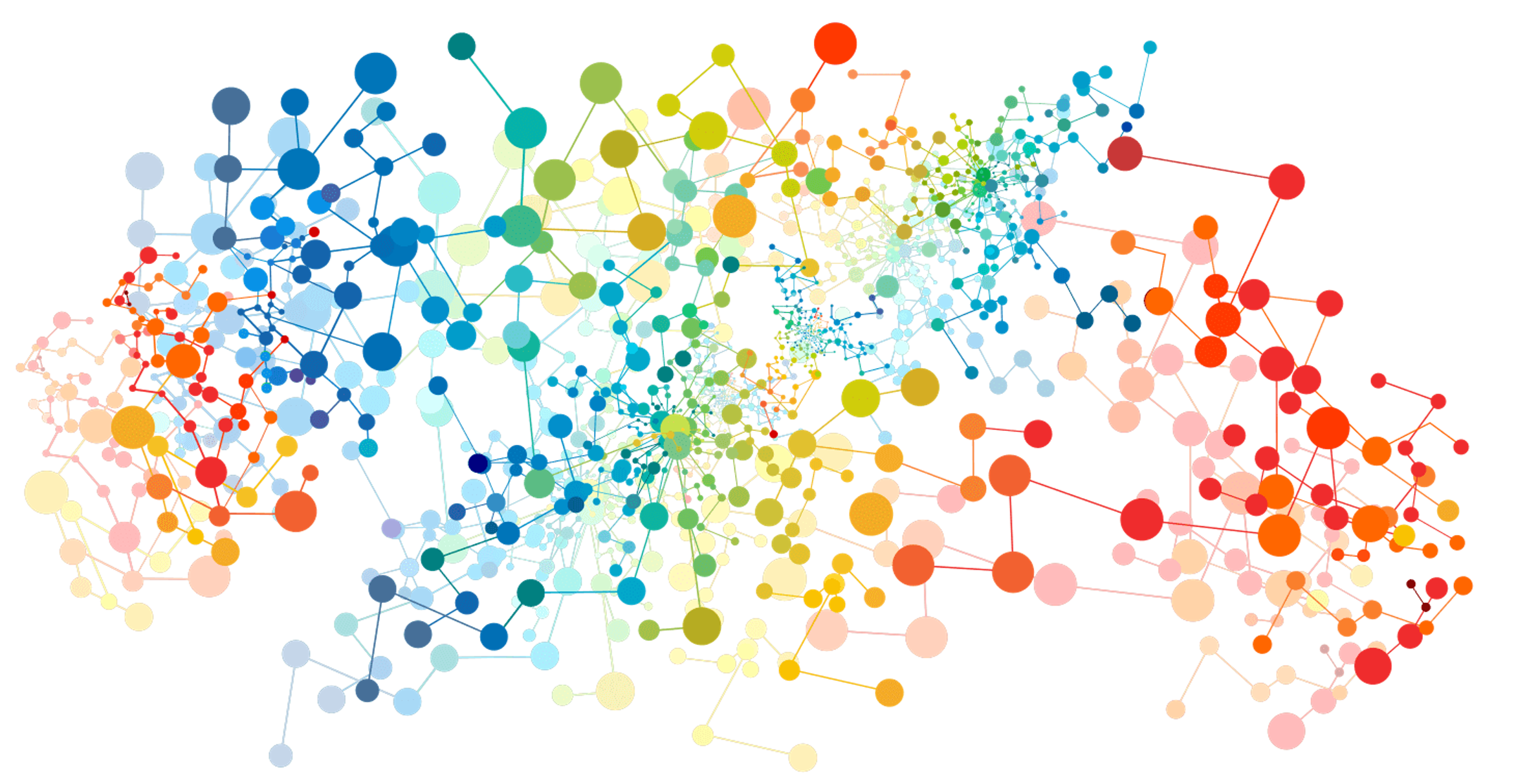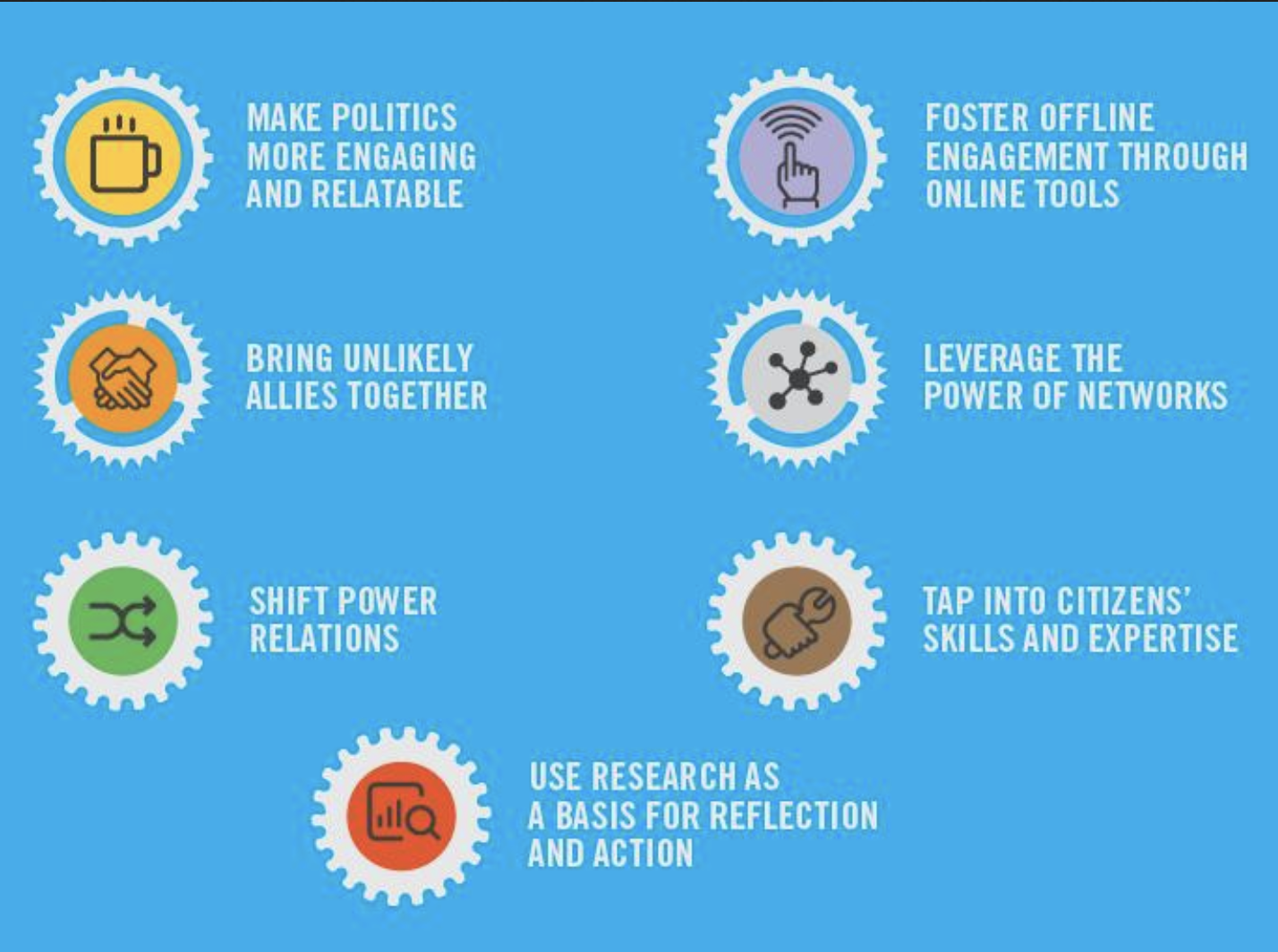For the 2nd mini-season of The Systems Change Podcast, we continued to explore the topic of systems change and how social entrepreneurs can effectively work with governments to improve systems together. This season is co-hosted by Sascha Haselmayer, a seasoned social entrepreneur and an Ashoka Fellow who has worked with 135 municipal governments across the world to improve the provision of public services, and Olga Shirobokova, co-lead of the Systems Unit at Ashoka Globalizer.
The 2nd podcast season complements the free online course for social entrepreneurs on Working With Government that Ashoka launched in Fall 2020.
An Introduction to Systems Change
It's no secret that at Ashoka we believe that social entrepreneurship – the concept of an innovative solution to a social problem in the hands of an exceptional entrepreneur – is the key to solving society’s problems.
At the heart of every social entrepreneur’s ambition is to fundamentally change the system within which they work, so as to impact on the largest possible number of people, without the need for the entrepreneur to replicate their organisation or themselves. As Ashoka’s Founder and CEO, Bill Drayton, once said, “Social entrepreneurs are not content just to give a fish or teach how to fish. They will not rest until they have revolutionised the fishing industry.”
At Ashoka, we identify and support those social entrepreneurs who have found an idea that is systems-changing; indeed, at the heart of our selection criteria is the notion of ‘a systems change idea in the hands of an entrepreneur’.
Ashoka Fellows change systems in five different ways:
- Redefining interconnections in market systems
- Changing the rules that govern societies
- Diminishing the gap between the private and citizen sectors
- Integrating marginalised populations
- Increasing the number of people who are social problem-solvers
Reports on Systems Change
The need to find, fund and support transformative solutions for the challenges we are facing has only grown more urgent than ever.
This applies to all areas of society, including healthcare, education, the economy and how governments interact with sectors.
Together with other thought leaders, we produce reports on topics related to social entrepreneurship and systems change.
Learn from our global ecosystem's insights and best practices for systems change:

New Allies:
How governments can unlock the potential of social entrepreneurs for the common good

7 Steps to Fund Systems Change:
A comprehensive guide to approach funding through a systems change lens

Embracing Complexity:
Towards a shared understanding of funding systems change
